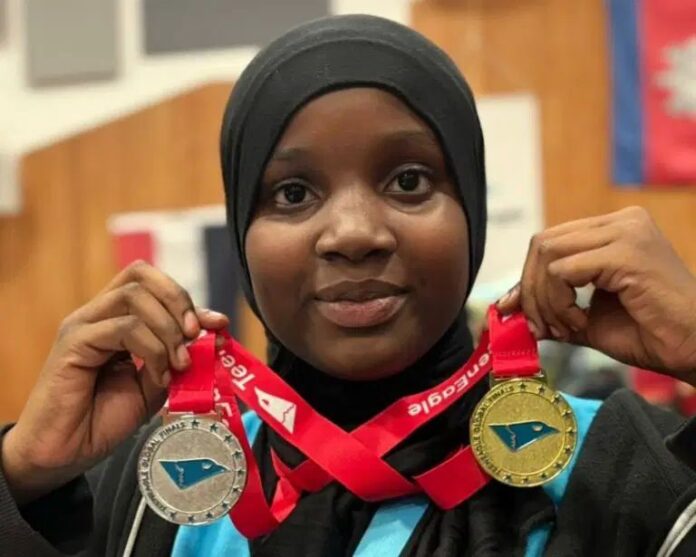Seventeen-year-old Nafisat Abdullahi Aminu has given Nigeria a historic moment by emerging as the world champion in English language skills at the 2025 TeenEagle Global Finals in London.
Defeating more than 20,000 students from 69 countries, including competitors from native English-speaking nations, Nafisat earned the title of world’s best in English. Judges at the championship described her delivery as “exceptional, confident, and world-class.”
Her triumph was hailed across Nigeria as proof of the country’s intellectual strength. But the celebrations soon gave way to controversy.
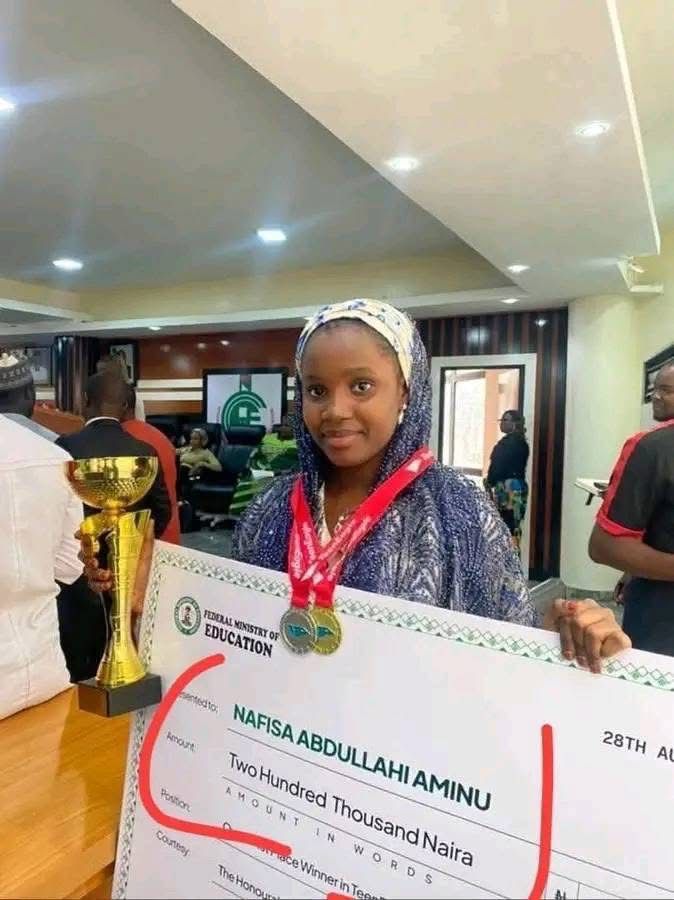
Federal Government’s Reward Draws Criticism
On her return to Abuja, the Federal Government, represented by the Minister of State for Education, Dr. Tunji Alausa, presented Nafisat with a ₦200,000 cash prize.
Almost immediately, backlash followed. Many Nigerians criticized the reward as inadequate and symbolic at best, arguing that a world champion who outshone 69 countries deserved far more.
The criticism grew louder when Nigerians recalled how athletes who won continental tournaments were celebrated with houses, vehicles, and millions of naira in cash, while Nafisat who brought home a global academic title was offered only ₦200,000.
A viral post on X (formerly Twitter) read:
“₦200,000 for a teenager who beat the world? But ₦100 million for football teams that don’t even win. Nigeria must rethink its priorities.”
Atiku Foundation Steps In
Former Vice President Atiku Abubakar, through his foundation, announced a full scholarship for Nafisat and other Nigerian winners at the TeenEagle competition. The scholarship covers the remainder of their secondary education and their entire university studies whether at home or abroad.
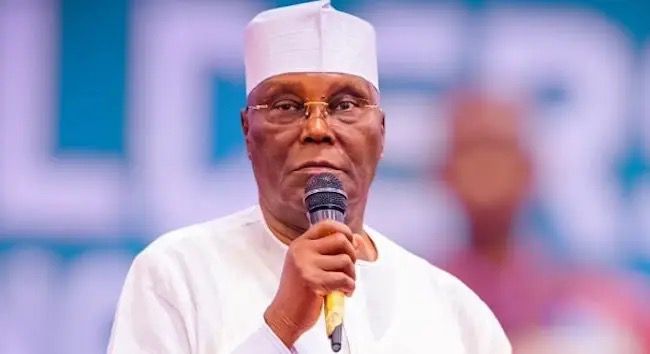
Atiku praised Nafisat as “a global star whose brilliance proves that Nigeria can lead the world when given the right support.”
His intervention was widely applauded, with many contrasting it to the federal government’s “token” reward.
Tinubu’s Congratulations, No Package
President Bola Ahmed Tinubu issued a congratulatory statement to Nafisat and two other Nigerian finalists, describing them as “ambassadors of Nigerian brilliance.” However, the presidency announced no additional incentives or national honors, intensifying criticism that the government had failed to match its words with tangible action.
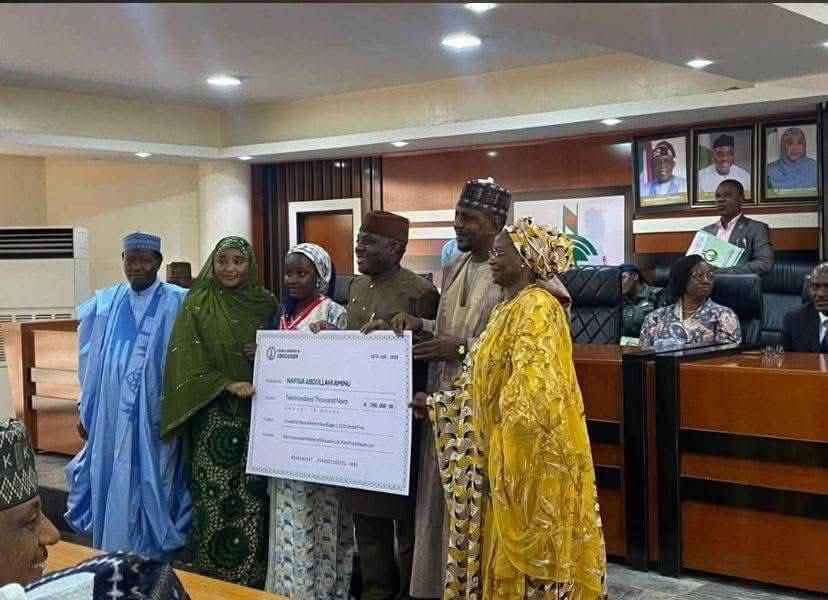
A Debate on Nigeria’s Priorities
Nafisat’s story has reignited a national debate over Nigeria’s value system. Education stakeholders and civil society groups argue that the country glorifies sports and entertainment while relegating intellectual achievements.
Dr. Kemi Adeoye, an education policy analyst, put it bluntly:
“If Nafisat had scored a goal, she would be a millionaire overnight. But because she used her brain, she gets ₦200,000. What message are we sending to our children?”
Nafisat’s Calm Amid the Storm
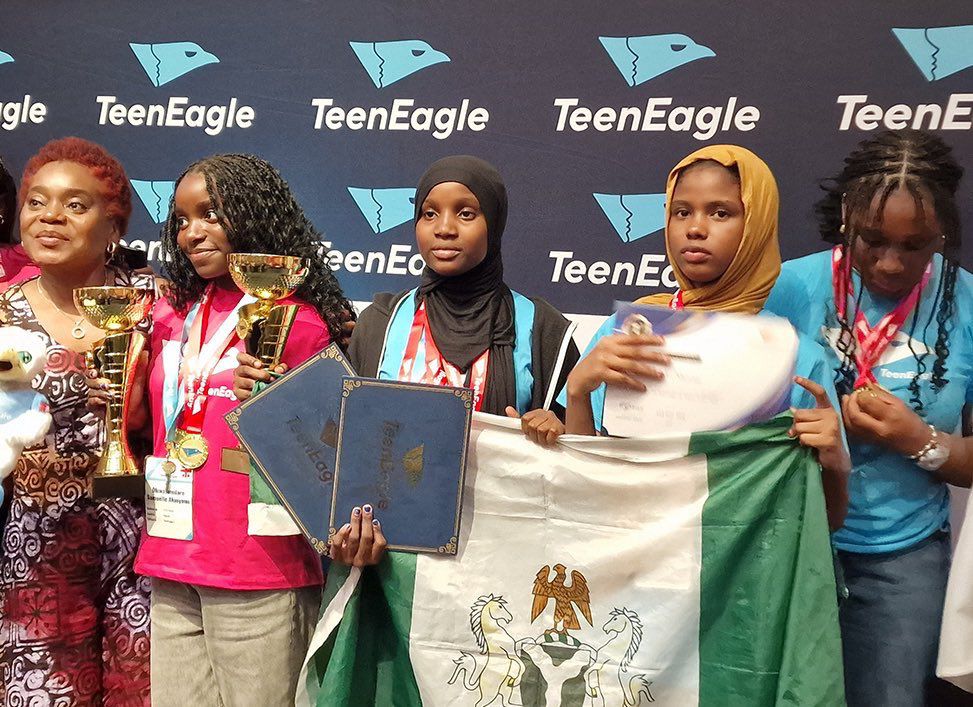
Despite the uproar, Nafisat has remained humble.
“I am grateful for all the recognition,” she said. “My dream is that more young Nigerians will believe in their potential and know that we can compete with the world.”
A Win Beyond Borders
Beyond the prize debate, Nafisat’s victory has placed Nigeria on the global academic map. Her success is a reminder of the nation’s untapped intellectual power if only it is nurtured and rewarded with the seriousness it deserves.

